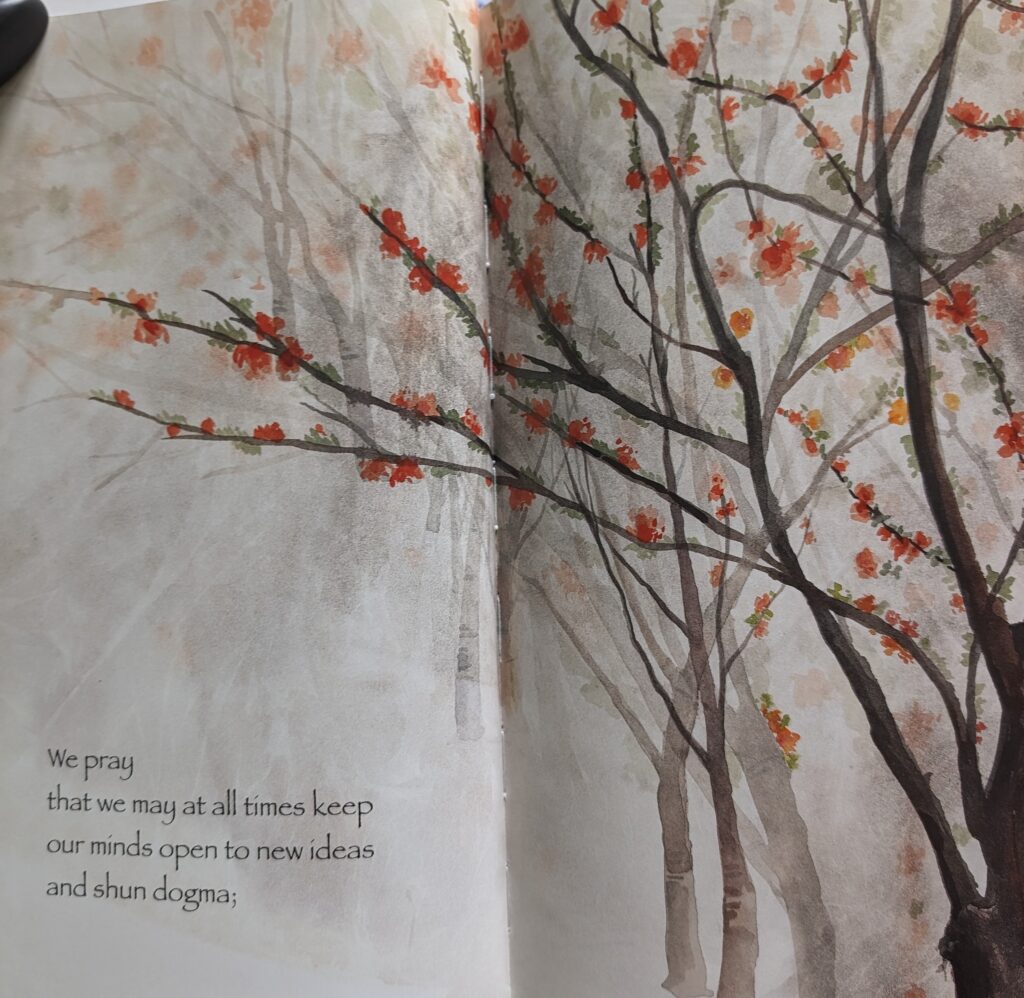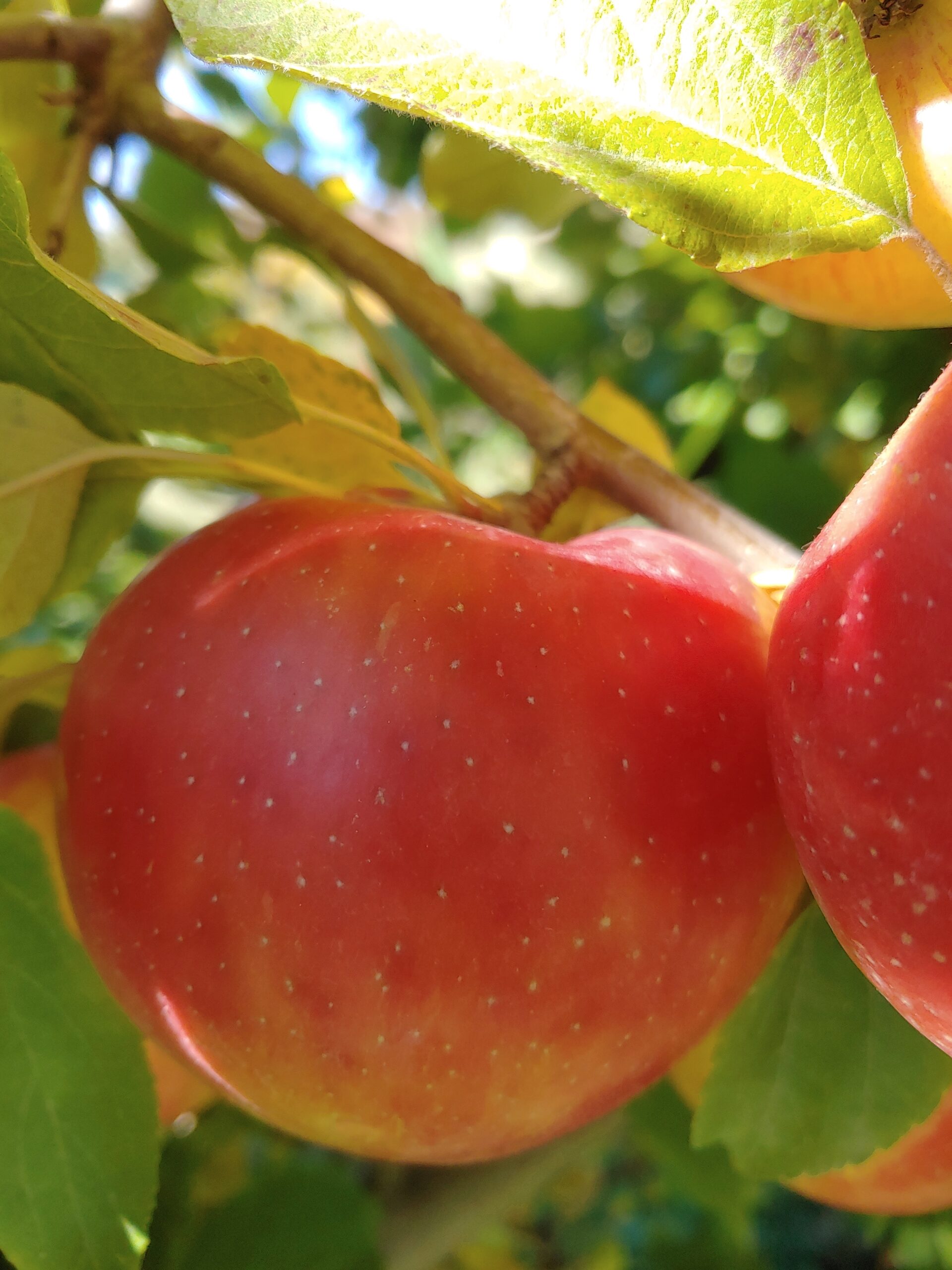We pray to the Great Spiritual Power in which we live and move and have our being. We pray that we may at all times keep our minds open to new ideas and shun dogma; that we may become ever more filled with generosity of spirit and true compassion and love for all life; that we may strive to heal the hurts that we have inflicted on nature and control our greed for material things, knowing that our actions are harming our natural world and the future of our children; that we may value each and every human being for who he is, for who she is, reaching to the spirit that is within, knowing the power of each individual to change the world.
I’ve been lucky enough to have mentors who provided guidance without insisting that I take up a particular profession or remain in their particular discipline. I had a grandfather who let me learn boy’s skills, and a father who didn’t value me less because I was a daughter. Math, languages, science, home economics – it was all encouraged if I wanted to pursue it.
Many of my friends weren’t so lucky; if they questioned the direction chosen for them, there were serious consequences. Perhaps they weren’t wished a lesser life, but they were encouraged to be who they were not rather than who they were.
In the here and now, here’s hoping we mean what we pray…

From Jane Goodall’s A Prayer For World Peace, Hong Kong: Minedition, 2015






